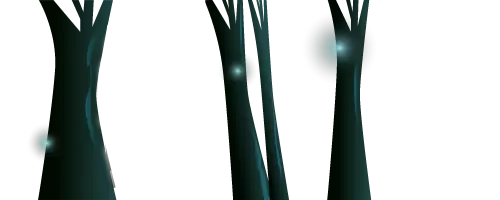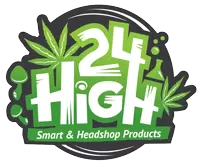CAN PSYCHEDELICS HELP WITH DEPRESSIONS?

The use of psychedelics goes back centuries and was mainly used for medicinal purposes. Going through magical rituals and ceremonies using psychedelic plants and mushrooms had a very strong function within the tribes. It helped to purify and detoxify people's bodies and minds from negative experiences and thoughts.
In the past, psychedelics had a very different reputation than they do now. Nowadays, when people think of drugs, they immediately think of addiction, and it generates negative associations. While psychedelics have long proven their effectiveness in the field of mental health. In this article we will explain to you what psychedelics exactly mean, what the substances serotonin and dopamine are and how psychedelics can help fight depression.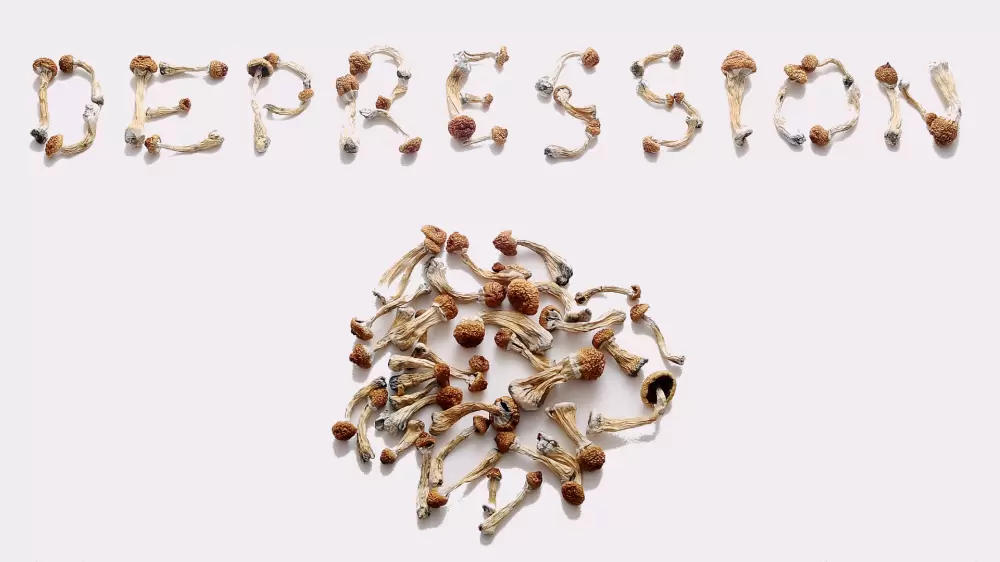
What are psychedelics?
The word psychedelic comes from Greek and literally translated means “spirit-revealing”. In addition, psychedelic drugs are also called hallucinogens, because they can induce hallucinations that cause your mind to wander. The most famous psychedelics are:
Psilocybin
This is a natural substance produced by thousands of fungal species. That is why you will find this substance in “magical” mushrooms and truffles.
LSD and LSA
These are substances with similar effects, with LSD being a more potent hallucinogen than LSA. In addition, LSD is made in a laboratory and LSA is a natural remedy, which can be found, for example, in Hawaiian Baby Woodrose seeds.
Mescaline
Mescaline can be found in particular in Mescaline cacti, such as in San Pedro and Peyote cacti. The use of Mescaline is intense and it is always recommended to be accompanied by a so-called tripsitter. A sober person that you trust and can guide you through the trip.
DMT
The abbreviation DMT stands for dimethyltryptamine and is a tripping agent that can be found in traditional Ayahuasca tea.
Serotonin and Dopamine
All psychedelic drugs have one thing in common: they act on the serotonin receptors in the brain. Serotonin is a neurotransmitter responsible for mood and perception of reality. In addition, it influences your appetite, sexual drive and social behavior.
Furthermore, serotonin is also the regulator of the dopamine system in our body. Dopamine is also known as the happiness hormone. It provides a pleasant feeling when you receive a reward or a hug from someone you love, for example. A pretty important substance, which directly influences our thoughts and therefore our behavior.
A commonly prescribed drug for depression is antidepressants. This drug also affects the production of serotonin, but in a very different way than psychedelics do. Antidepressants stop the breakdown of serotonin. As a result, more of the substance remains in the brain.
Psychedelics actually activate the serotonin receptors, so that new connections can be made in your brain. Despite the fact that the effect is different, both antidepressants and psychedelics have an effect on the same substances. That is why it is not wise to combine both.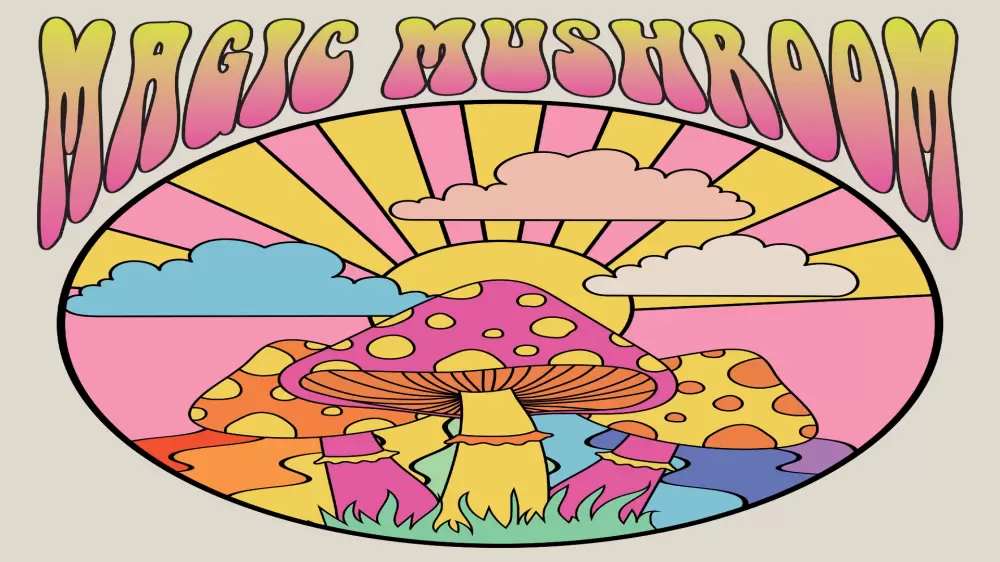
What is depression?
Depression is a serious condition and has a major impact on daily life. Someone with depression experiences a low mood for a long time and loses general interest and pleasure in the environment and people around them.
Other possible features include fatigue, a rushed feeling, and difficulty sleeping. Depression can happen to anyone. The degree of depression differs per person, but it is a mental condition that is not good for the person himself and his or her environment.
Psychedelics as medicine
Research and studies show that depression can be caused by an imbalance in the production of dopamine ne and serotonin. Many drugs have been developed for this, such as antidepressants, tranquillizers, antianxiety drugs and antipsychotics. However, depression is a very complicated disorder and not everyone responds to the drugs. In addition, the drugs can have serious side effects and cause unpleasant withdrawal symptoms when stopping or reducing.
And that is worrying, because help with depression is necessary. An alternative? Psychedelic drugs under professional guidance. Numerous studies are currently underway that investigate the effect of psychedelics with the help of a research group.
Incidentally, psychedelics as a medicine against depression are nothing new. Psychedelics were widely used in the 1950s and 1960s. You could even take LSD under the guidance of a psychiatrist. At that time, psychedelics were viewed very differently. So there has been a shift from a therapeutic drug to a banned drug. Fortunately, the investigations were resumed about twenty years ago.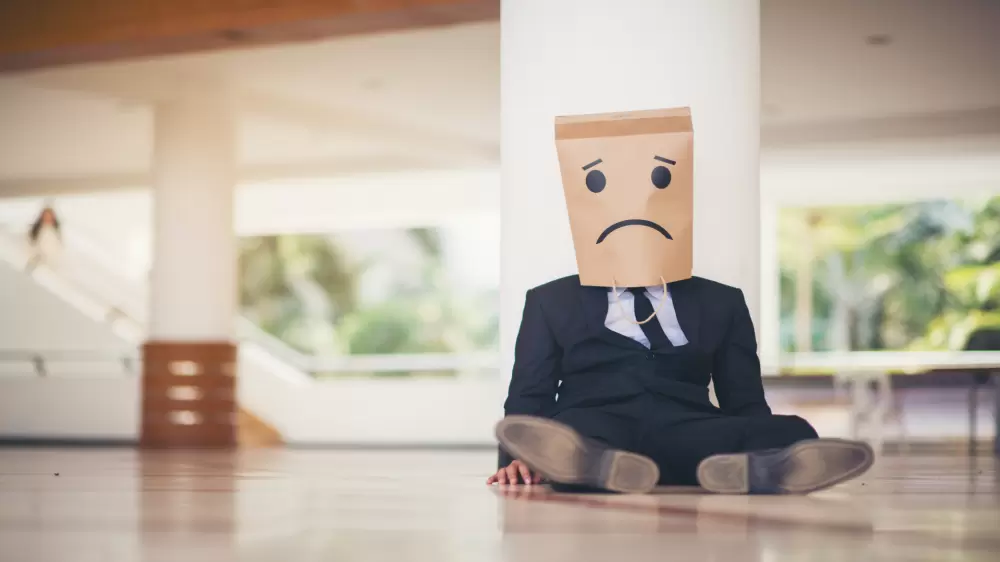
Psychedelics and depression: help with depression
Psychedelics seem to work mainly for treating conditions that affect mental health and cause a variety of problems. Depression is a textbook example of this. Depression comes in many shapes and sizes and never manifests itself in one specific symptom.
The active substances in psychedelics invoke and activate new connections in the brain (such as the production of serotonin). This can be very helpful for people who are stuck in certain negative thinking patterns and don't know how to get out of them.
Last year there was another study into the medicinal effect of Psilocybin (present in magic mushrooms and truffles) by the FDA, the US government agency that monitors the quality of medicines. The FDA sees potential in the psychedelic for the treatment of major depression.
Also in Brazil an investigation took place with the traditional Ayahuasca tea. A trip on Ayahuasca is very intense, and it is strongly recommended to only do this in the company of an experienced trip sitter (professional, sober person). The experiment took place in a professional setting and with people who are resistant to antidepressants. A week later, the mood of these people had improved greatly: from severe to mild.
Conclusion
That the use of psychedelics can offer an alternative way out in the treatment of depression and addictions numerous studies over time have proven it. However, all psychedelic drugs have a slightly different effect on the brain. Therefore, it is impossible to say that a particular psychedelic offers definitive help in combating depression. It varies per person and per situation. So read carefully about the different types of psychedelics and always be informed and guided by an experienced therapist.

